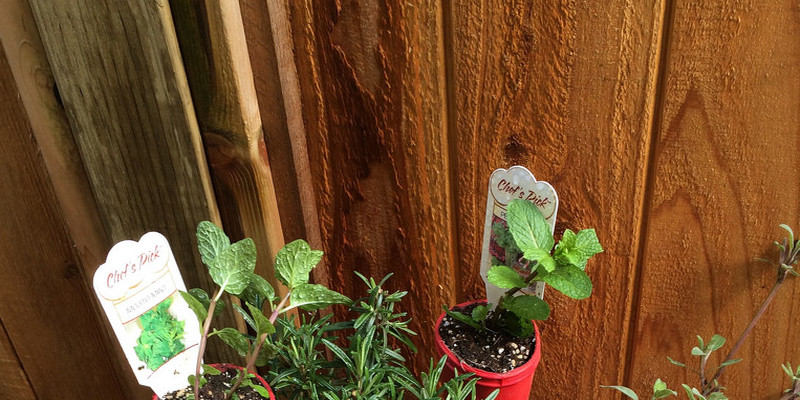Soil is compacted as its particles are pressed together from heavy foot-traffic or from the use of landscaping products. Soil compaction around several types of evergreen trees can trigger a lack of appropriate water-retention or drainage as well as immature root buildings. Evergreen trees make screens that are normal and great borders, and offer year round colour in landscaping. Finding give homeowners ever-green choices for locations of the landscape that operate along driveways and sidewalks.
Arborvitae
Arborvitae (Thuja occidentalisis) a broadly employed shrub in both city and rural locations and is recognized because of its hardiness. Suitable for U.S. Department of Agriculture plant-hardiness zones 2 through 7, this ever-green has a tear-drop form, branches that seem like vertical enthusiasts, and a lively green colour. Arborvitaes are fast-growing and so are used as borders and normal privacy screens between attributes. The tree does well in soil, prefers full sunlight to partial shade and needs little upkeep. Arborvitaes may be pruned throughout the growing period to to manage development once proven.
Eastern Red Cedar
The eastern redcedar (Juniperus virginiana) is a big evergreen that will reach heights of 40 to 50-feet. When in a area, the tree is oval in form but has the potential to spread up to 15 feet. In winter, the tree includes a brownish tint to its ever-green leaves. The tree efficient and makes wind break or privacy screens. The tree creates a berry that birds appreciate as a food resource. Redcedar is ideal for use in zones two.
Scotch Pine
Scotch pine (Pinus sylvestris) is an evergreen tree that may reach heights of 80 to 100-feet. As they mature, young trees have a pyramid form that becomes round in the best. The tree develops an orange red bark on the branches that are upper-most when fully-grown, as well as the needles in the tree are yellowish in colour or dark-green. Scotch pine can develop in many different soils, is an extensively planted evergreen through the entire United States and grows best-in hardiness zones 3 through 8
Dahoon Holly
Dahoon hollies (Ilex cassine) prosper in towns where room is a concern and function nicely in compacted soils provided that they can be watered regularly. Dahoon holly trees make screens that are successful when trees are developed together. They’re also a stylish singular tree with branches every one of the approach to the floor or trimmed to get a clear-trunk seem. Grow Dahoon holly in hardiness zones 7 through 1 1.
